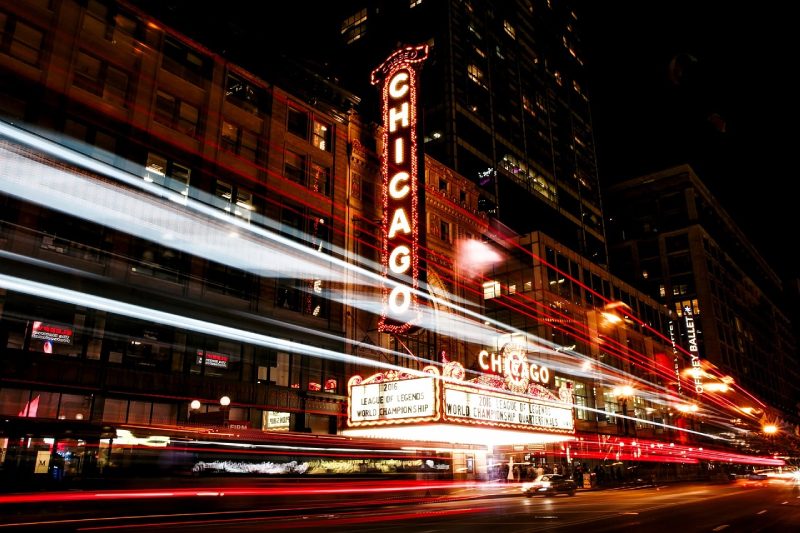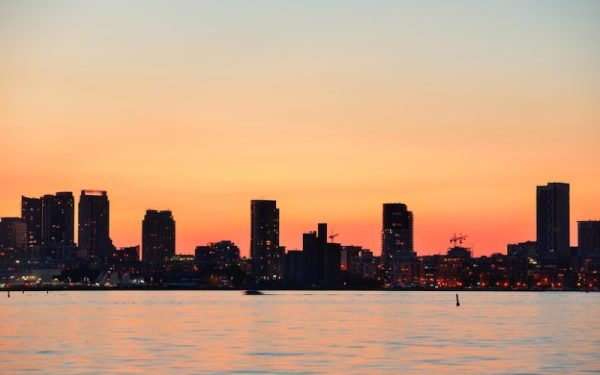Moving to Chicago? 10 Things to Know

A move to Chicago can spark both excitement and nervousness. While the allure of Chicago draws thousandsof newcomers annually, adjusting to this world-class city also poses challenges. Moving from a comfortable, familiar environment to a large metropolitan area requires preparation. However, with proper planning, the transition can be smooth.
Chicago offers countless amenities that other cities cannot rival. Its renowned architecture, vibrant culture, diverse neighborhoods, and career opportunities make Chicago an enticing destination. Those relocating for jobs will find a strong, competitive market across various industries. Plus, Chicago’s central location provides easy access to travel and culture.
Yet, for all its assets, Chicago requires adaptation. From the climate to the cost of living to daily commutes,thorough research will set realistic expectations. Learning about the city also allows for smart planning, and you can prepare better, ensuring you can thrive and quickly feel at home.
Let’s discuss some things you should know before moving to Chicago.
1. Cost of Living
The cost of living in Chicago is 19% higher than the national average. Housing, transportation, and utilities are major expenses. Basic utilities like heating and electricity can cost around $150 per month. Groceries, dining out, and sales tax are also pricier.
Comparatively, someone moving from an affordable city like Atlanta might find some costs, like housing, noticeably higher. It’s advisable to get estimates and plan finances accordingly. However, the job market is strong, and salaries are competitive. So, conduct your research to find a neighborhood that fits your budget.
2. Transportation
Chicago has an extensive public transportation system. The ‘L’ rapid transit rail network is highly efficient and connects the city. CTA buses and trolleys also service most neighborhoods. The city is very walkable and bike-friendly too. Those relocating from places where car commutes are more common, such as Atlanta, might find Chicago’s efficient public transit a refreshing change.
If you’re moving from Atlanta, connect with Atlanta long distance movers for a seamless transition of your vehicle if you decide to bring it along. Traffic can be challenging during rush hours but otherwise manageable.
3. Weather and Climate
Popular for its extreme weather conditions, Chicago sees diverse seasons. With its location along the shores of Lake Michigan, summers can be hot and humid, while winters are bitterly cold, with temperatures dropping below freezing.
The average high in July is 84°F, and the average low in January is 18°F. Snowfall is also significant, with an annual average of 36 inches. The lake effect results in strong winds too. So before moving, understand Chicago’s climate and be prepared with proper attire. Having warm clothes for winter is a must.
4. Food and Dining
From deep-dish pizza to Chicago-style hot dogs, the city offers iconic local cuisine. But it also has a remarkably diverse food scene.
You can find restaurants serving global flavors from Mexican to Ethiopian. Trendy cafes and upscale dining dot downtown and various districts. Wicker Park, Logan Square, and West Loop are foodie hotspots. Make sure to try classics like Italian beef sandwiches and Chicago’s famous cheesecake here.
The lively restaurant culture and variety make dining out in Chicago an unparalleled experience.
5. Entertainment and Culture
When it comes to arts and music, Chicago has no shortage of cultural options. It is home to world-class institutions like the Art Institute of Chicago and Symphony Orchestra, with over 200 live music venues hosting rock, jazz, blues, and indie acts. Chicago’s comedy scene is also impressive. Popular annual events include Lollapalooza, Chicago Blues Festival, and Taste of Chicago.
The city’s 178 distinct neighborhoods also have their own local culture. You can explore museums, galleries, festivals, and live events.
6. Nightlife
Chicago offers an energetic nightlife. The downtown scene is lively, with upscale rooftop bars, breweries, and swanky clubs bumping EDM and house music. Wrigleyville near Wrigley Field has a vibrant bar-hopping stretch.
Trendy cocktail lounges and microbreweries dot Northside areas like Logan Square, Wicker Park, and Lincoln Park. For a laidback vibe, visit neighborhood pubs and dive bars serving craft beers. The options cater to diverse tastes and budgets. Just be prepared for steep drink prices at some venues.
7. Job Market and Economy
Chicago has a diversified economy and a strong job market in fields like tech, healthcare, finance, education, tourism, and manufacturing. Major companies like Boeing, United Airlines, Kraft Heinz, and McDonald’s are headquartered here. The unemployment rate is currently around 4%. However, competition is high for coveted roles in thriving industries.
Do your homework about the job landscape, polish your resume, and grow your professional network.
8. Taxes
Chicago has one of the highest tax burdens nationwide. Sales tax is 10.25% on general purchases, while property taxes are steep at around 1.52% of assessed value. State income tax is a flat 4.95%.
Various municipal taxes also add up. These include taxes on utilities, restaurant meals, and bottled water. While high, the tax revenue funds Chicago’s world-class infrastructure and amenities. Just factor taxes into your moving budget so they are not a surprise.
9. Crime Rate
While Chicago has made progress in reducing crime, safety concerns still persist in some pockets. Areas like Englewood and West Garfield Park see more violent crimes. However, popular neighborhoods like Lincoln Park and Lakeview have low crime rates.
Practice basic safety precautions like avoiding deserted streets at night. Also, research the crime stats for the neighborhoods you are considering. Overall, violent crime in Chicago has dropped significantly over the past decade.
10. Education
Chicago Public Schools (CPS) operates over 600 schools from pre-kindergarten to high school. Several selective enrollment and magnet schools offer high-quality education. There are also many good parochial and private school options.
Chicago is home to prestigious higher education institutes too, like the University of Chicago, Northwestern University, and the Illinois Institute of Technology.
When relocating with family, research school options and application processes well in advance.
Conclusion
While moving to a new city comes with challenges, Chicago offers endless opportunities to grow personally and professionally. Prepare for weather extremes, high costs, and taxes. But look forward to the job prospects, food scene, and cultural vibrancy. Learn about the neighborhoods to find the right fit.
Chicago’s world-class amenities and Midwestern charm make it a great place to call home. Just conduct thorough research and planning to make the transition smooth. With an open mind and adventurous spirit, you will soon be calling yourself a Chicagoan.






